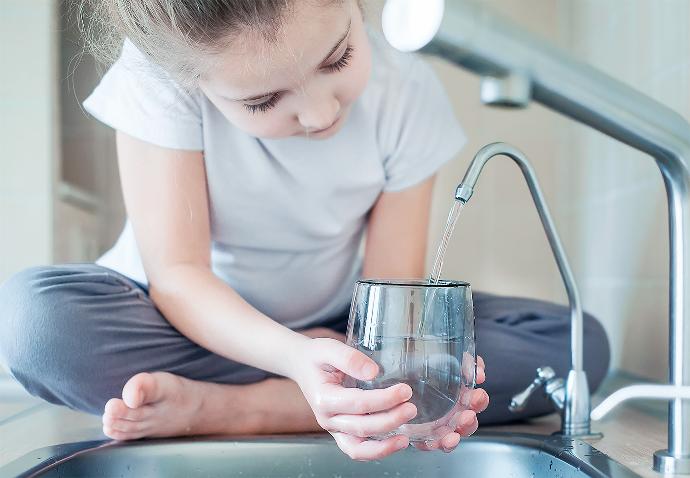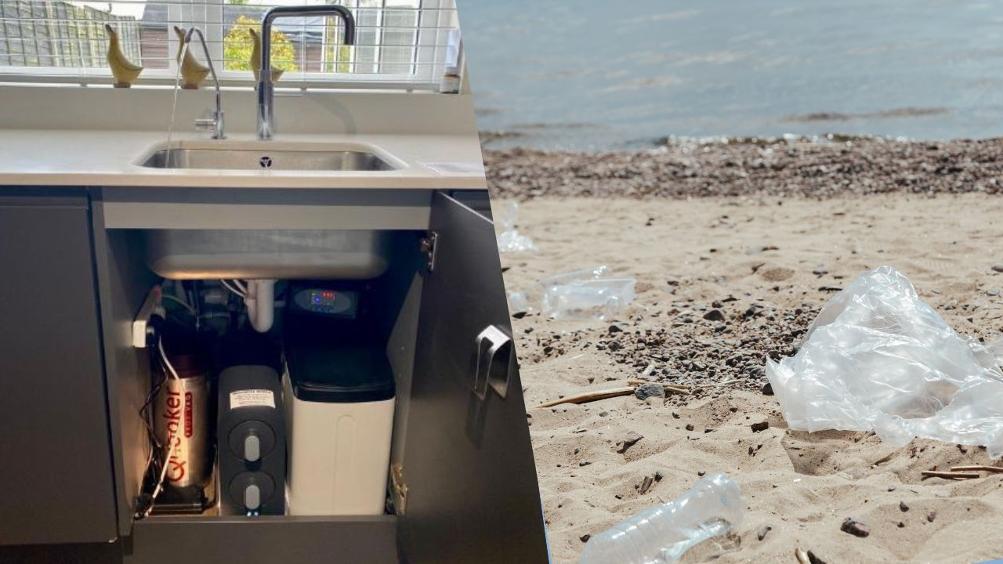
Yes, water filters can make your water taste and smell better, compounds and chemicals such as zinc, chlorine, and hydrogen sulfide can make your water have a metallic taste or smell like sewage.
It is necessary to drink clean chemical-free water as it helps in maintaining a balance in your body fluids. Body fluids are very important in the digestion of food, absorption and transport of nutrients, body temperature maintenance, the creation of saliva, and many other benefits. In this era where the pollution rate is at its peak, a water purification system is a must-have in all households.
2 major benefits of drinking filtered water:

• Bottled water is a source of pollution, as it takes the plastic bottle 300 years to degrade, and so much water is wasted due to it taking 3 times as much water to produce the bottle itself than it does to fill the bottle. By filtering tap water at home, you will be helping the environment and your pocket.
What are the health risks and dangers of drinking unfiltered water?
Filters that are not changed at the proper time may not work to reduce the contaminants that they were originally designed to address. If it is not filtered out, that contaminant might result in potentially harmful health effects.
When is the last time you changed your filter?
On the off chance that you have a water filter jug sitting in your fridge, you likely just fill it up and you are good to go, right? But when was the last time you changed the filter?
Your filtered water may not be that pure after all. In truth, it may actually be more awful than when it came from the tap.
How do the filters in water jugs work?
Different water filter jugs have different types of media in them, depending on the brand most use activated carbon to reduce contaminants and impurities. Activated carbon works through absorption, meaning that it attracts the contaminants molecules, and they adhere strongly to the carbon.
The huge surface range of the carbon acts like a wipe that absorbs contaminants as tap water passes through. These filters eliminate metals like lead, copper, and mercury, chemicals like chlorine and pesticides, and organic compounds that affect the taste and smell of water.
However, activated carbon filters do not remove all nitrates, dissolved minerals, or bacteria and viruses through the absorption process. Unlike metals, they pass through the filter because they do not bind to the carbon.
Some filter types include a material called ion exchange resin which can remove “hardness” from water, or calcium and magnesium ions. Water filter jugs are an affordable, easy-to-use option for water filtration, which is why they’re so known.
Other water filter treatments include REVERSE OSMOSIS and distillation units, which are the MOST EFFECTIVE and much more complex. These include things like under-the-sink filters, fridge filters, and even filtrations systems for your entire house.
How frequently do you need to replace the water filter in your jug?
Experts and manufacturers recommend that water filter jugs are replaced at least every 2 to 6 months. If you use it multiple times a day, it will need to be replaced more often.
Is The Water You’re Drinking SAFE?
Check the recent reports by the Environmental Protection Agency (EPA) in your area.
Is Filtering Water Worth It?